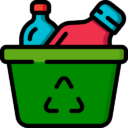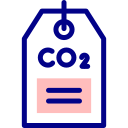Recycling
There are many applications for supercritical CO2 in recycling. Its solvent and diffusion properties allow it to clean a metal material generated during machining, as well as to extract a contaminant contained in a polymer matrix.
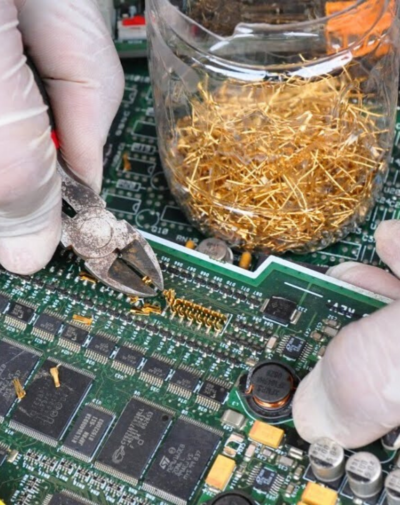
Re-use waste and used materials
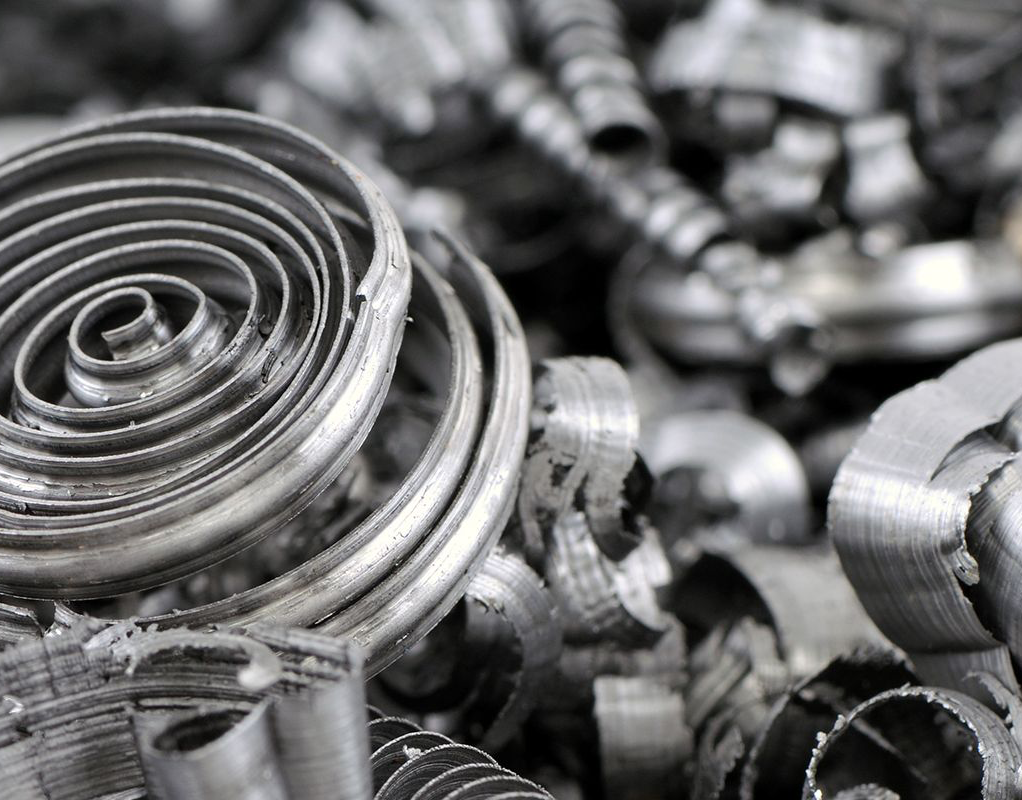
Recycling of metal chips with CO2
When machining metal parts, large quantities of metal chips are generated. These chips are loaded with oil and therefore cannot be used in a foundry as they are. Supercritical CO2 allows degreasing the chips while respecting the material (no oxidation).
![]() Residual hydrocarbon content in accordance with ASTM B348
Residual hydrocarbon content in accordance with ASTM B348![]() Dry treatment without water
Dry treatment without water![]() Elimination of polluted aqueous discharges
Elimination of polluted aqueous discharges![]() 50% reduction in energy consumption
50% reduction in energy consumption

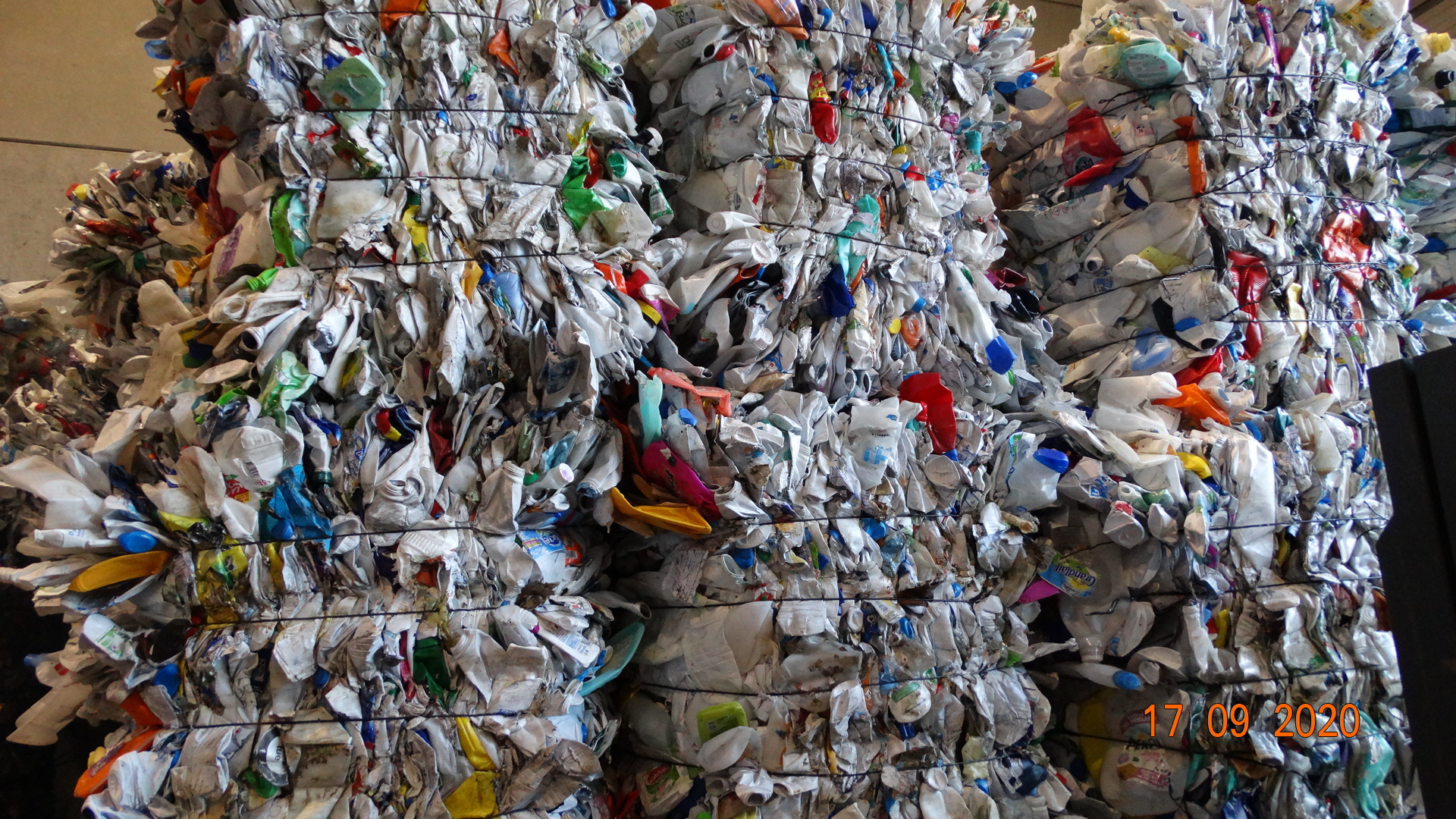
Extraction of pollutant molecules from a polymer matrix
Polymers often contain numerous additives or molecules/compounds that give them the properties required for the intended application (plasticizers, reinforcements, fillers, colorants, stabilizers, etc.).
They may also contain residues from their synthesis (monomers, solvents, etc.). Thus, in order to recycle the material for new applications, it may be necessary to extract the polluting molecules. The diffusion properties of CO2 allow it to extract them to the core of the material. It is indeed able to diffuse between the polymer chains.
Discover other supercritical CO2 cleaning applications
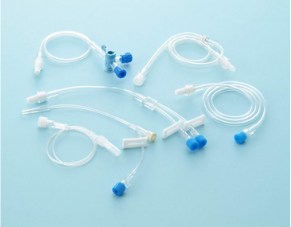
For the medical sector
![]() Range of machines adapted to the clean room environment
Range of machines adapted to the clean room environment![]() Offset machine body
Offset machine body![]() Pre-sterilization of DM
Pre-sterilization of DM
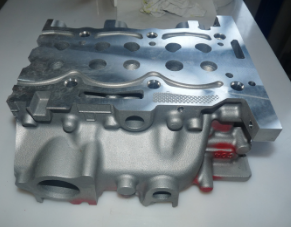
For the mechanics
![]() Suitable for all metallic and polymeric materials
Suitable for all metallic and polymeric materials![]() Ideal for complex parts
Ideal for complex parts ![]() Removes all residual traces of solvents
Removes all residual traces of solvents
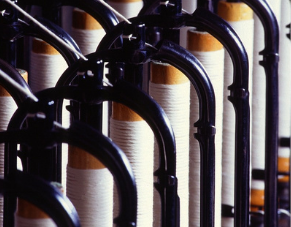
For textiles
![]() Autoclaves that can accommodate widths up to 3m
Autoclaves that can accommodate widths up to 3m![]() Desensitization of textiles in bulk or on reels
Desensitization of textiles in bulk or on reels
Find out more
Can CO2 cause damage or corrosion to the recycled materials being processed?
CO2 is an inert gas for metals and polymers to be cleaned. Therefore, it does not pose any risk to the recycled materials.



